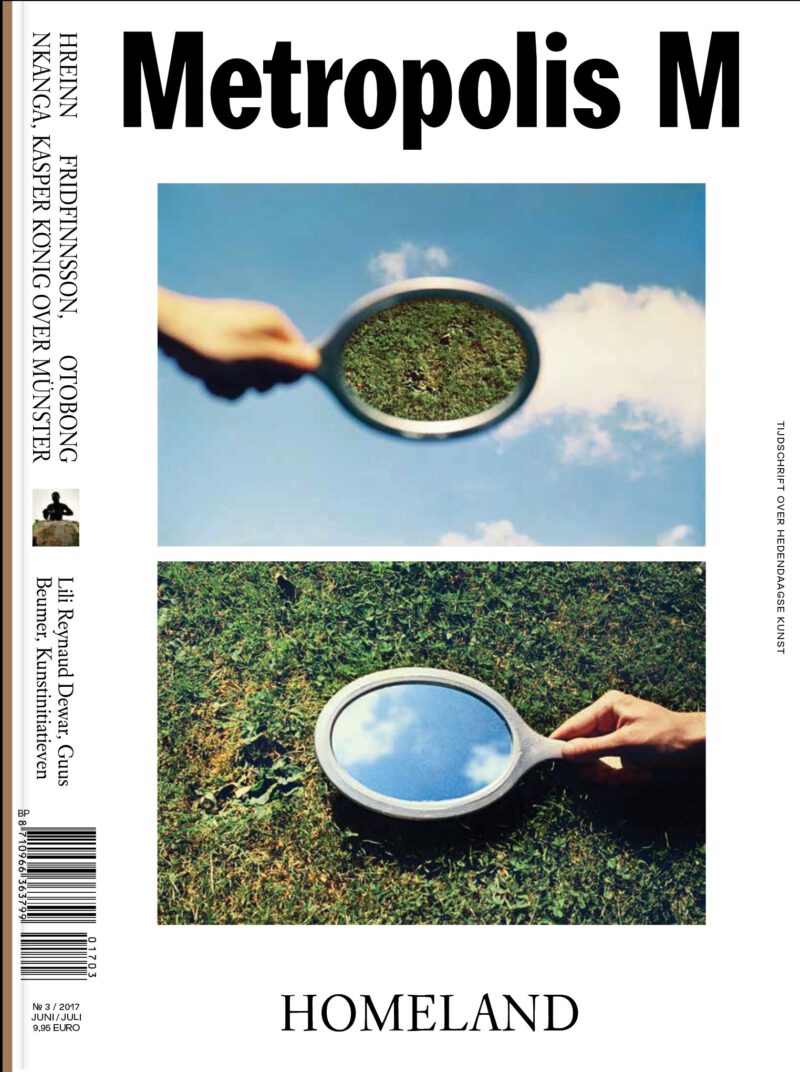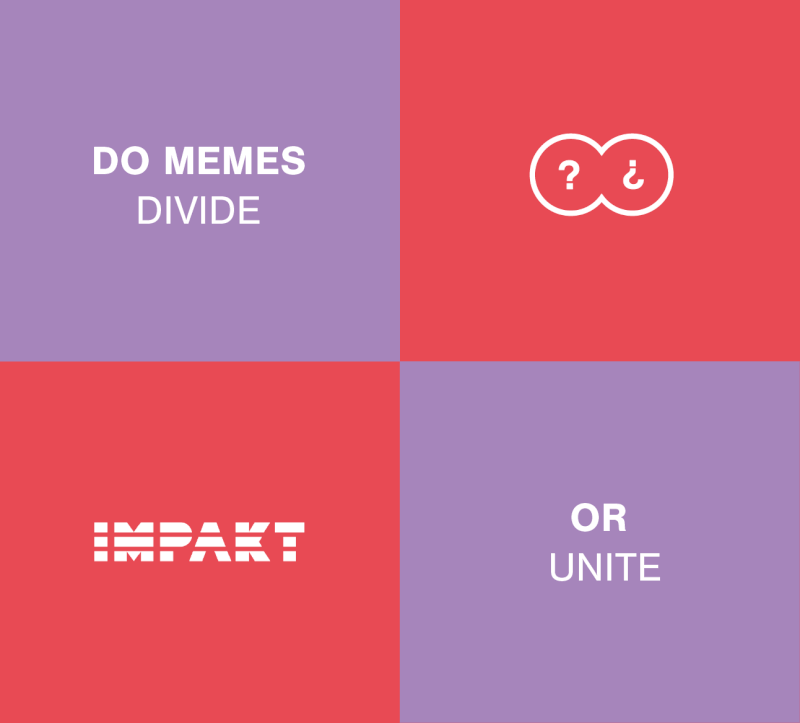The Zong 1, 2 [Étude on Absolute Necessity or The Modality of Measure]
[Performer]
I attune you to the sense – ana-sense – which poet M. NourbeSe Philip3 follows as she records her account of th–––
Her account, which was told to her by Setae Adamu Boateng4–––
[Chorus] interrupts
What is this claim
that human people
have been thrown overboard?
This is a case of
chattels, goods, and property
It is madness––– Madness! Madness!
It is madness to accuse
well-serving
honourable
Men of murder.
Chattels, goods, and property
Chattels, goods, and property
Men who acted
out of
Men who acted
in
–––necessity.
–––the most appropriate
manner for the cause.
[Pause]
The case is the same
as if wood had
been thrown overboard.5
as if horses had
been thrown overboard.6
Absolute necessity
Absolute necessity
The Jury were
of opinion there was
Absolute necessity
Absolute necessity
[Pause]
[Performer] resumes
–––who
was mistaken for a horse one day
a log of wood,
a piece of land,
an extra foot; a plough,
a bond of debt,
three-fifths of 7–––
a piece–––
Oh shit!
Where did the groove go?
Where did the groove go?
two-fifths of it
Where did the groove go?
Where did the groove go?
Two-fifths
but then:
[Pause]
Let us talk about necessity.
Absolute necessity.
For,
what is this claim
that
human people
have been thrown overboard?
[Performer] turns the page and resumes her recitation.
Capture,
Arrest,
Weigh,
Record,
Speak,
Shelve,
then speak again:
a shriek or a pulse, and call that a voice;
the speaking – that is – of a shriek or a pulse;
then shelve again.
A voice from / of / by / through / in / a lord; a word; a vote –
Repeat.
Then add a caption.
Call it ‘commerce’,
or leave it to time.
King Leopold?
a human Zoo.
To be, beat, bite, a tongue,
to measure a height;
Compare.
Then make speak ‘every’ language
– English, French and Portuguese that is –
with an Arabic cadence attached to it8,
[Performer] directs her hand-held microphone towards the audience, suggesting they repeat after her.
Alif Lām Mīm9
[Audience] repeat in a uniform voice
Alif Lām Mīm
[Performer] resumes
and the fear of sea,
and the fear of land,
and the fear of surgeons who check one’s teeth,
to predict,
like psychics,
one’s life expectancy,
fertility and who’s in love,
and who has been hiding
a plot
to will – freely – what one is willed to will.
and who has been hiding
a plot
to be wilful,
and who has been hiding
a plot
beneath their skin,
[Pause]
[Chorus]
Kin
[Pause]
[Performer]
The voice kills.
[Chorus]
Oh, no!
Where did the groove go?
Where did the groove go?
[Long Pause]
[Chorus]
The mouth–––
[Performer]
For, thought is made in the mouth.
Let’s talk about the voice
of the record
as the record
Not of the captured, but of capture
Not of weight; the modality of measure
The voice of the killer
The voice as the killer.
1 Setting: One Month Voyage Leeward from Jamaica; Date: November, 1781. In 1781, a massacre took place on board the slaver, Zong. The ship’s captain, Luke Collingwood, ordered the drowning of an unknown number of slaves during his journey from Accra in Ghana to Jamaica. The purpose was earning the ship owners a profit by collecting insurance money over their ‘destroyed cargo’. When the British ship owners made a claim under maritime insurance law for their ‘destroyed cargo’, a jury found the insurers, a syndicate from Liverpool, liable and ordered them to pay for the ship’s loss: the murdered slaves. The insurers appealed to the British court. The judge, Lord Chief Justice, the Earl of Mansfield, ruled eventually against the syndicate owners in this case, due to new evidence being introduced suggesting the captain and crew were at fault. The Gregson v. Gilbert legal document is the only surviving public document that, in an oblique way, records the occurrence of the massacre. The untold and untellable stories of suffering of the slaves are exclusively heard today through the voice of their murderers and the legal system that had justified their murder.
2 This poem is an adapted excerpt from my opera in progress titled The Ten Murders of Josephine, commissioned by Witte de With in Rotterdam. The Gregson v. Gilbert legal document forms one of the characters of departure for the opera.
3 M. NourbeSe Philip, Zong!, Middletown: Wesleyan University Press, 2008
4 Idem
5 ‘What is this claim that human people have been thrown overboard? This is a case of chattels or goods. Blacks are goods and property; it is madness to accuse these well-serving honourable men of murder. They acted out of necessity and in the most appropriate manner for the cause. The case is the same as if wood had been thrown overboard.’ Solicitor General, John Lee during the first ruling on the Zong Massacre.
6 ‘The case of slaves was the same as if horses had been thrown overboard … The question was, whether there was not an Absolute necessity for throwing them overboard to save the rest, [and] the Jury were of opinion there was.’ William Murray, Earl of Mansfield, Lord Chief Justice recounting the first ruling on the Zong Massacre.
7 In reference to the ‘Three-Fifths Compromise’, which was reached during the 1787 United States Constitutional Convention, allowing slaves to vote, given that their vote would be counted as three-fifths of the actual number of voters. Slave personhood was thereby understood to constitute three-fifths of ‘free personhood’.
8 In reference to the Arab slave trade that started in the ninth century and is ongoing in the form of the Kafala (Sponsorship) System in a number of countries including Lebanon, Qatar, Saudi Arabia, the United Arab Emirates, Iraq, Jordan, Kuwait and Oman. Under the Kafala System, construction and domestic workers’ legal status, working conditions, mobility, property, and documentation, are directly managed by their employers. In some countries, domestic workers, seen as a property of their employers, are not allowed to exit the country without their employers’ permission. In Lebanon alone, a country of four million, there are 250 thousand female migrant domestic workers. Every week, it is said that at least two migrant domestic workers commit suicide to escape their employers’ violence and abuse.
9 See my column in Metropolis M #5 216
Rana Hamadeh
is kunstenaar, Rotterdam












